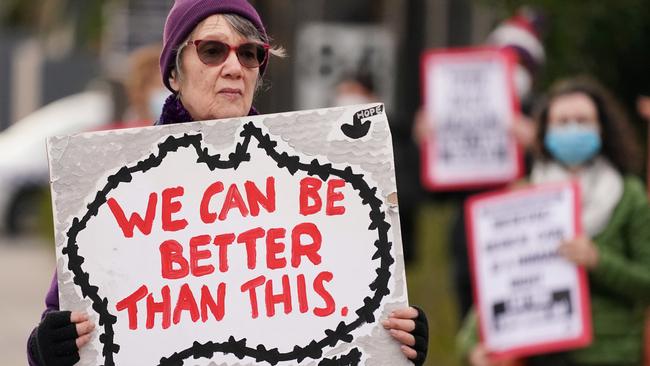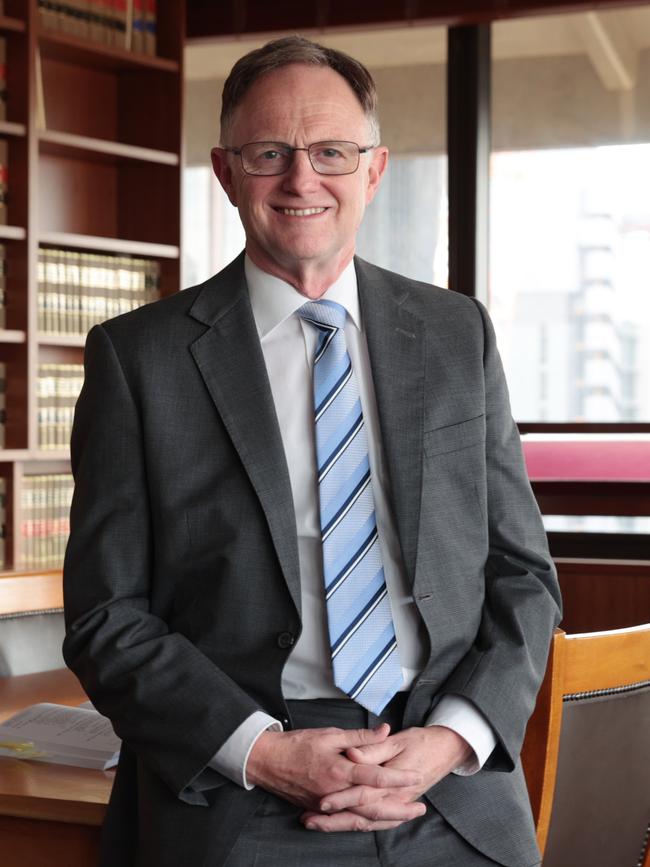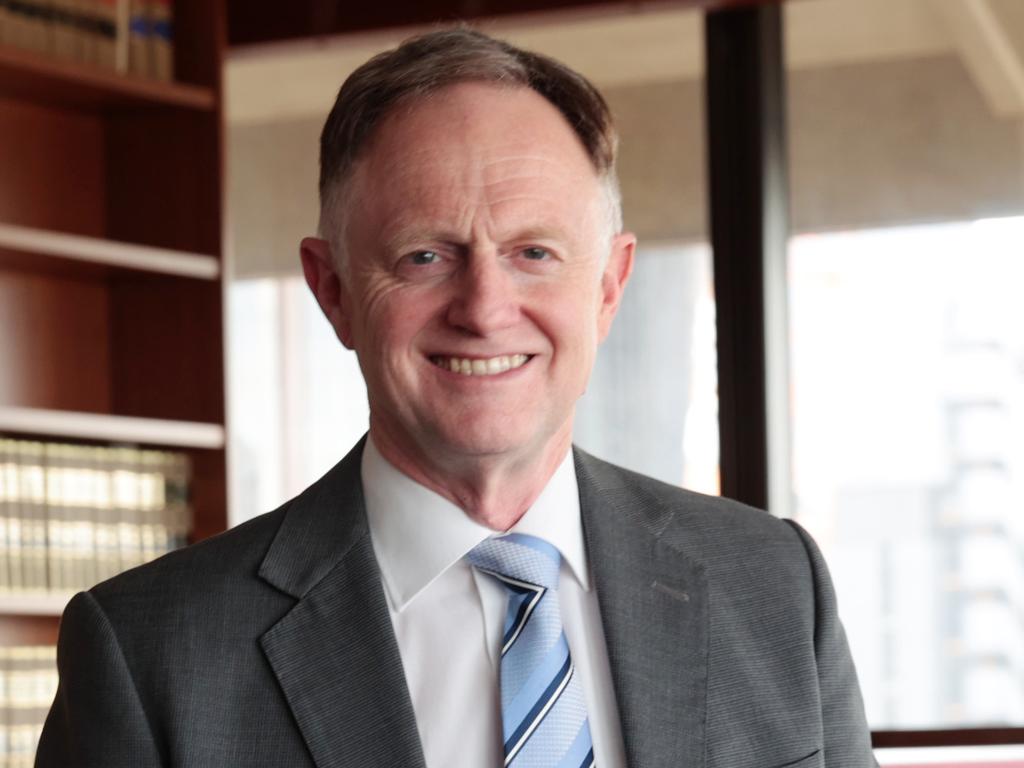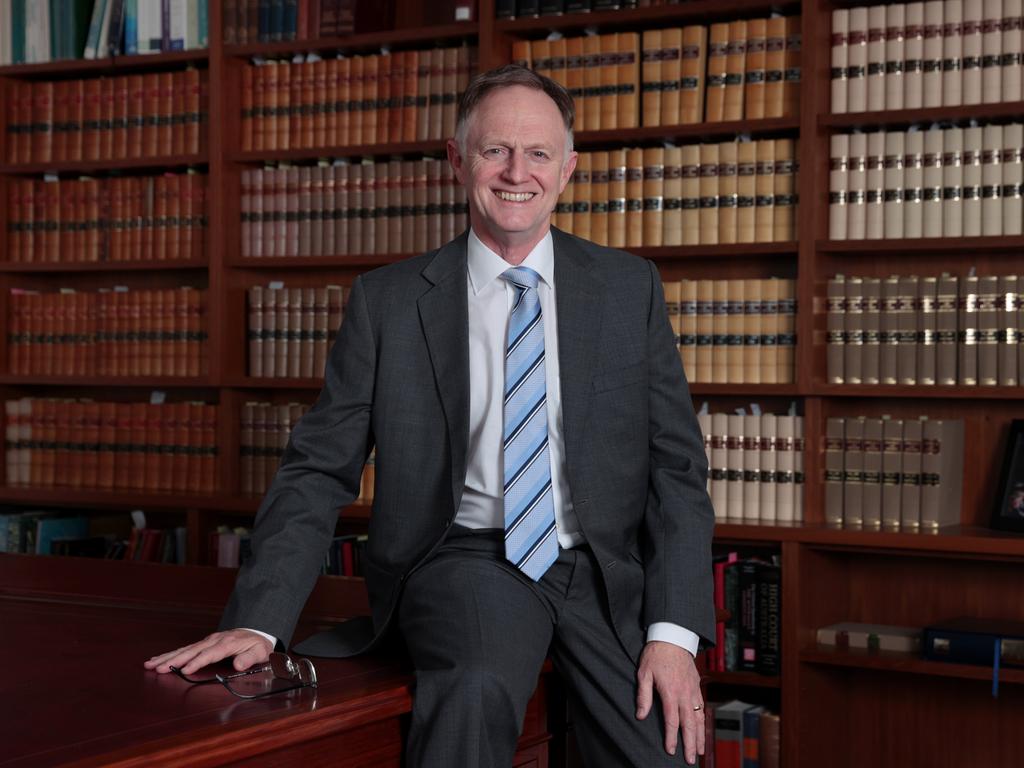High Court decision on indefinite detention right one

That case, NZYQ,came in dramatic fashion with the court announcing its orders at the end of oral argument rather than waiting the usual months for its reasons.The court was clearly confident of the outcome and decided it was wrong to delay the release of the plaintiff whose detention was unlawful. NZYQ is a major turning in High Court rulings on immigration detention. In past decades the court has rejected many challenges to federal laws for the mandatory detention of non-citizens who come to Australia without a visa.
The court has held the Constitution grants the federal government wide latitude to adopt even the most severe policies. This extends to detaining people, including unaccompanied children of any age, in harsh and inhumane conditions in breach of Australia’s international obligations.

The court also held in 2004 in a case called Al-Kateb that this detention could occur indefinitely. Non-citizens coming to Australia without a visa could be imprisoned for the rest of their lives where it was not possible to remove them to another country. This could occur irrespective of whether the person posed a danger to the community. That case involved Ahmed Al-Kateb, who arrived in Australia by boat in December 2000 without a passport or visa. Taken into detention, he sought refugee status but was refused. In June 2002 he said he wanted to leave Australia for “Kuwait, and if you cannot please send me to Gaza”. In August 2002 he stated: “I wish voluntarily to depart Australia, and ask the minister to remove me from Australia as soon as reasonably practicable.”
This could not occur because Al-Kateb was born in Kuwait in 1976 of Palestinian parents. Kuwait had not conferred him with citizenship and he was left stateless. The commonwealth sought without success to remove him to Egypt, Jordan, Kuwait and Syria as well as to the Palestinian territories. With no prospect of deportation, Al-Kateb faced indefinite detention in Australia. He applied to the courts to be released.

In nations such as Britain and the US, the law does not permit indefinite detention. By contrast, Australia’s High Court found by four to three that the Constitution permitted indefinite detention without trial. One of the majority judges, Justice Michael McHugh, described Al-Kateb’s situation as tragic but nonetheless found that this was permitted by the Constitution and “it is not for courts … to determine whether the course taken by parliament is unjust or contrary to basic human rights”. Many have tried to have this precedent overturned but none succeeded until last week in NZYQ.
In the absence of reasons, we know only that at least a majority of the High Court held that the unnamed and stateless Rohingya plaintiff must be released. His detention was unlawful “by reason of there having been and continuing to be no real prospect of the removal of the plaintiff from Australia becoming practicable in the reasonably foreseeable future”.
The High Court’s decision is welcome in overturning a troubling precedent out of step with other nations in permitting the indefinite detention of stateless people. It does leave the government with the difficult problem of how to manage the release of the many people affected by this decision.

The government said during the hearing that 92 people were in the same position as the plaintiff. Many had been refused visas on character grounds, some because of conviction for serious crimes such as sex and drug offences, people-smuggling and murder. The plaintiff in NZYQ was convicted and completed his prison sentence for a child sex offence.
The decision leaves open further avenues to ensure community safety. People can be released subject to strict visa conditions and may be detained on other grounds where they a pose a risk to the public. For example, state and federal laws permit the ongoing imprisonment of people convicted of certain crimes where they remain a danger to the community. Governments also have a broad array of national security powers, such as control orders, for people involved with terrorism. If these laws are not sufficient, parliament can enact further controls.
These are the right tools to protect the community, rather than leaving someone detained indefinitely because they are stateless.
George Williams is a deputy vice-chancellor and professor of law at the University of NSW.







The High Court had one of the most remarkable weeks in its history last week. It began with the swearing in of Chief Justice Stephen Gageler and Justice Robert Beech-Jones. It ended with the court overturning one of its most controversial decisions that had permitted the indefinite detention of asylum-seekers.